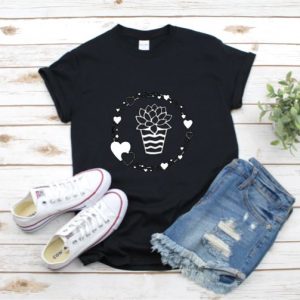Via Pexels
We’ve all experienced those annoying little health issues that pop up out of nowhere. A sore throat, a twisted ankle, a rash, or a mild headache can interrupt our day without warning. While these minor ailments rarely need a trip to the doctor, how we care for them at home makes a big difference in how quickly we recover and how we feel overall. More importantly, developing smart self-care habits can improve our health in the long run.
In a fast-paced world where we are often encouraged to push through discomfort, choosing to slow down and care for yourself is a powerful decision. It sends a message that your health matters, even when the problem seems small. Paying attention to your body’s signals and responding with simple, thoughtful care can make your daily life more comfortable and balanced.
Listen To What Your Body Is Telling You
Our bodies are constantly giving us feedback. That tightness in your shoulders might be your posture asking for a break. A dry mouth might just be dehydration. Rather than brushing off these cues, try responding with small actions. Take a stretch, drink water, close your eyes for a moment. These little responses are more than just short-term fixes. They’re part of building a lifestyle that puts your well-being first.
Being proactive also helps you spot patterns. If you regularly get headaches at the same time each day, maybe it’s your body asking for better hydration or less screen time. When you respond early and often, you’re less likely to end up dealing with bigger problems later.
Simple Remedies, Real Relief
Many common ailments can be eased with simple treatments at home. Warm saltwater rinses help soothe sore throats. Ice packs reduce swelling from minor sprains. Chamomile tea can calm an upset stomach. These aren’t just old-fashioned tricks. They’re grounded in science and backed by generations of practical use.
For example, if you’re dealing with the discomfort of a toenail that’s become irritated or swollen, this article can give you some helpful tips on how to treat an ingrown toenail at home. Simple steps like soaking your foot in warm water, keeping the area clean, and avoiding tight shoes can go a long way in easing the pain and supporting healing. While it’s important to seek medical care for more serious cases, many mild issues can be managed with basic care and attention.
Building Confidence Through Self-Care
When you take care of your own health, even in small ways, you build confidence. You start to trust your ability to listen to your body, assess your needs, and act in ways that support healing. This doesn’t mean avoiding doctors. It means knowing the difference between something you can manage and something that needs professional help.
Being confident in your self-care skills makes you feel more in control. It reduces stress and encourages mindfulness, both of which support better overall health. And over time, you may notice you get sick less often or recover more quickly, all thanks to small but consistent care.
Final Thoughts
You don’t need fancy tools or expensive treatments to take care of yourself. Many of the best solutions are already in your home and your daily routine. Whether you’re dealing with a minor injury or a skin irritation, taking thoughtful, practical steps helps you recover faster and feel more in control.
The key is to stay aware, stay kind to yourself, and make small, steady choices that support your well-being.










